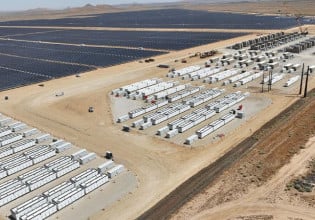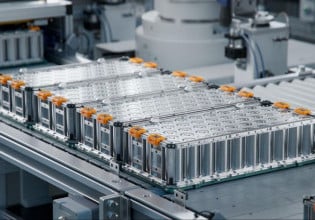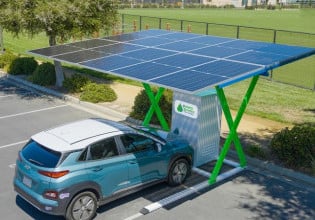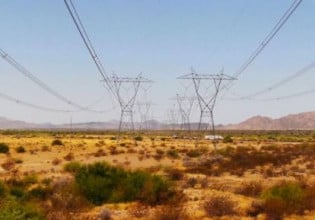AM Batteries Receives Investment from TDK Ventures for Dry-Electrode Technology Development
TDK Ventures announces its investment in AM Batteries for the development and commercialization of its dry-electrode technology.
U.S. battery manufacturer, AM Batteries (AMB) specializes in dry electrode manufacturing for lithium-ion batteries (LiBs). The company focuses on eliminating solvent recovery and electrode drying during the manufacturing process to reduce energy consumption and equipment costs. AMB wishes to scale up its dry-electrode production for the LiB industry, which could provide the world with more environmentally sustainable batteries with fast-charging capabilities and higher energy density. Recently, TDK Ventures Inc. announced its investment in AMB to provide support in developing the latter company’s dry-electrode technology and propel it into the battery market.

Image used courtesy of Pixabay
The Investors
In September 2021, AMB raised $3 million in funding. Both TDK Ventures and Foothill Ventures co-led the funding round. Other investors included a Tier I manufacturer, SAIC Capital, a renewable energy company based in Israel, Doral Energy-Tech Ventures, Vietnamese EV original equipment manufacturer (OEM), VinFast, and a financial VC firm from Silicon Valley, Creative Ventures.
Dry-Electrode Technology
One way to reduce the carbon footprint is by reducing battery production costs. Dry-electrode technology can help to accomplish this by reducing the need for liquids in the lithium-ion battery, which will lower production costs and decrease the need for a cooling system in a factory.
Typically, LiBs is made up of a cathode, an anode, and a liquid electrolyte (LE) that separates them. The LE enables the movement of lithium ions between the two electrode surfaces when charging or discharging. But in dry-electrode technology, LEs are removed from the process due to their high cost and environmental impacts. The chemical components that constitute LEs can be flammable and toxic, which means that removing the need for LEs in LiBs can reduce environmental impacts, increase worker safety, as well as reduce production costs.
AMB has developed a cutting-edge additive Li-ion manufacturing technique that involves the charging and spraying of active materials (cathode/anode) onto metal foil current collectors. These are then processed further to make batteries without the use of toxic solvents. This is a dry-coating technique, as opposed to wet-coating which is used for producing LiBs with LEs.
TDK and AMB
TDK’s financial support and network of strong OEM partners will enable AMB to develop its dry-electrode technology and open up a pathway toward commercialization.
In a recent press release, AMB Co-founder and CEO, Dr. Yan Wang, said, “Our technology is extremely innovative and outside the box.” Wang added, “TDK Ventures’ proprietary knowledge and unique insights in the battery-manufacturing space helped validate our own technological progress. They also played a significant role in bringing a broad syndicate of financial, strategic, and OEM partners together by sharing their key techno-economic insights, thereby helping us assemble a world-class set of partners for our company.”

The Co-founder and CEO of AMB, Dr. Yan Wang. Image used courtesy of AMB
In the same news release, the President of TDK Ventures, Nicolas Sauvage, commented, “AMB has engineered a three-step electro-spraying system that seamlessly aligns with the existing process flow of lithium-battery manufacturing, which is not the case in competitive solutions, putting them at the very forefront of the industry.” Sauvage added, “In the future, we believe that battery manufacturers will not only differentiate on energy density, fast charge ability, or cost/kW, but also on the amount of CO2 emitted per the amount of energy stored, which is a measure of how sustainable one’s electrode manufacturing process is. This positioning is a whole new value proposition for next-generation battery manufacturers and EV OEMs that align with consumer needs.”
The battery manufacturing community could one day utilize AMB’s technology at scale, to reduce production costs, lower the burden on the environment, provide faster charging, higher energy density, and greater safety.






